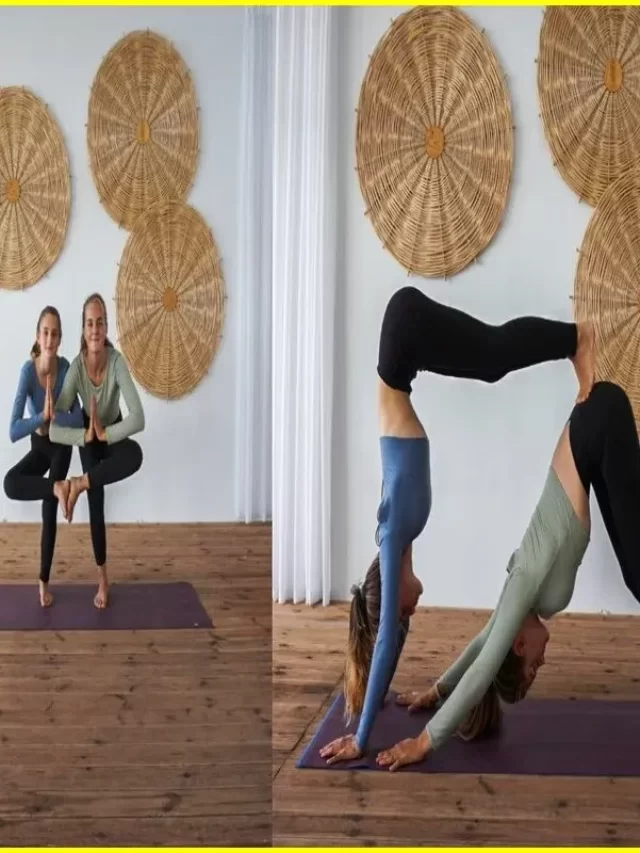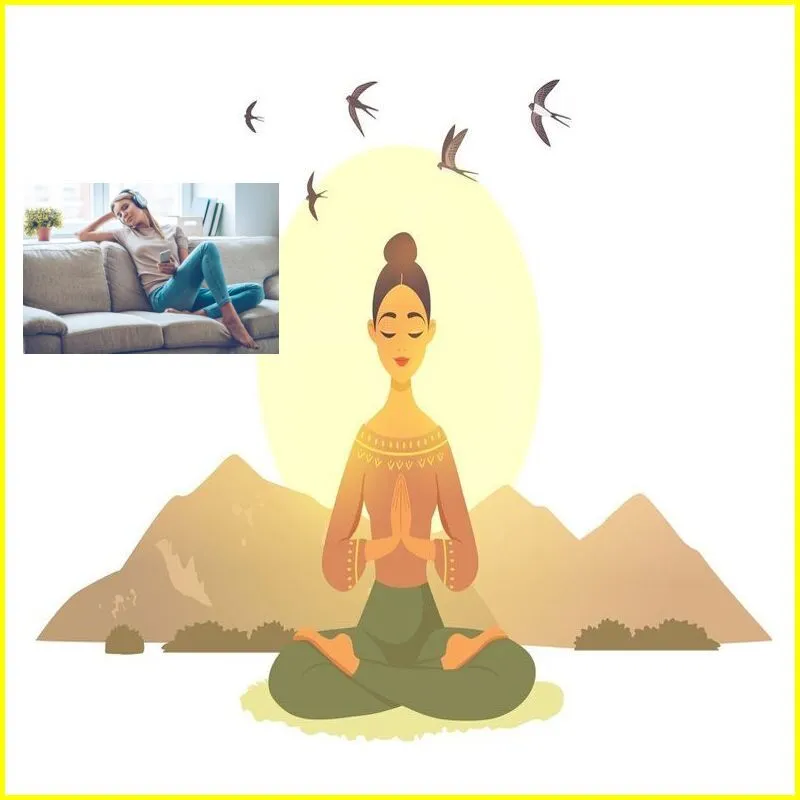
How do you Best Meditate for Sleep Meditation for Anxiety 24?
Sleep Meditation for Anxiety?
Are you having trouble sleeping due to sleep meditation for anxiety or depression? Discover how meditation can be a great way to help you relax and get some much-needed shut-eye! In this article, we’ll look at different types of sleep meditation techniques and how they can help reduce the symptoms of stress and mental health problems. Learn more about how to meditate for sleep and get the relaxation you need.
What is Meditation?
Meditation is a practice in which a person trains the mind or induces a mode of consciousness, either to realize some benefit or to simply observe the mind itself.
Sleep meditation for anxiety often involves turning one’s attention inward, focusing on breathing, and the sensation of being present in the moment. It may also involve the use of mantras, visualization, or guided imagery.
The goal of meditation can vary from person to person, but it generally involves creating a sense of inner peace and clarity. It is believed to reduce stress, anxiety, depression and helps create a sense of well-being.
Article About:- Health & fitness
Article About:- Medical Technology
Article About:- Sports
Benefits of Meditation
When it comes to relaxation and reducing stress, there are many benefits of meditation. In addition to providing a sense of calm and peace, meditation can also help to:
- Decrease anxiety and worry
- Promote better sleep
- Enhance concentration and focus
- Improve overall well-being
Understanding how to Meditate
When it comes to meditation for sleep anxiety, there are a few things to keep in mind. First, it is important to find a comfortable place to sit or lie down. It’s also important to make sure you don’t get distracted by your surroundings. Once you are settled, you can begin to focus on your breath.
Start breathing slowly and deeply through your nose. Then exhale slowly through the mouth. Continue this pattern for a few minutes, allowing your mind to focus only on your breath. If thoughts come to your mind, just acknowledge them and let them go. Eventually, you should start to feel more relaxed and your mind will become clearer. In this article we are discussing sleep meditation for anxiety.
Types of meditation techniques
There are many different types of meditation techniques that can be used to help with sleep or anxiety. However, not all techniques are right for everyone. It is important to find a technique that works best for you and your needs.
Some popular meditation techniques include:
1. Transcendental Meditation: This type of meditation involves the use of a mantra, or sound, to focus the mind and achieve a meditative state.
2. Mindfulness Meditation: This type of meditation focuses on being present in the moment and observing thoughts and sensations without judgement.
3. Guided Meditation: This type of meditation involves following along with a guided audio track or script that helps to relax the mind and body.
4. Breathing exercises: Simply focusing on the breath can help to calm and focus the mind, leading to a more relaxed state overall.
Anxiety and Depression
Anxiety and depression are the two most common mental health disorders. According to the National Institute of Mental Health, they affect an estimated 18.1 percent of adults in the United States each year.
There are many types of meditation, but one form that may be especially helpful for those struggling with anxiety or depression is sleep meditation. This type of meditation is designed to promote relaxation and help you sleep soundly.
Find a comfortable place to sit or lie down to do sleep meditation for anxiety. Close your eyes and focus on your breath. Breathe in and out slowly and evenly. As you breathe, relax your body and release any tension. If your mind starts wandering here and there, slowly bring it back to your breath. Continue meditating for 5-10 minutes or longer if you wish.
Sleep meditation for anxiety can be done at night as part of a bedtime routine. This can also be done during the day if you are feeling anxious or stressed. With regular practice, sleep meditation can help reduce symptoms of anxiety and depression and improve overall well-being.
Nightmares
A nightmare is a scary or upsetting dream. Nightmares can be caused by anxiety, stress, or certain medications. If you have anxiety or stress, you may be more likely to have nightmares. Nightmares can cause you to feel anxious and stressed during the day.
There are a few things you can do to help prevent nightmares:
1. Get enough sleep: A good night’s sleep can help reduce the likelihood of having nightmares.
2. Reduce stress and anxiety: Try to find ways to reduce stress and anxiety in your life. This may include exercise, relaxation techniques, or talking to a therapist.
3. Avoid medications that can cause nightmares: Some medications can increase the risk of having nightmares. If you think your medication is causing nightmares, talk to your doctor about changing it.
How to use Sleep Meditation for Anxiety?
If you’ve struggled with sleep meditation for anxiety, you know that getting a good night’s sleep can be difficult. But what if there was a way to use sleep meditation for anxiety?
Sleep meditation is a form of mindfulness meditation that can be done while you sleep. This involves focusing on your breath and letting go of any thoughts or worries that keep you up at night.
Here’s how to do it:
1. Find a comfortable position in bed and close your eyes.
2. Start by focusing on your breath. Breathe in and out slowly and evenly.
3. If your mind starts to wander, simply bring your attention back to your breath.
4. Continue focusing on your breath until you drift off to sleep.











